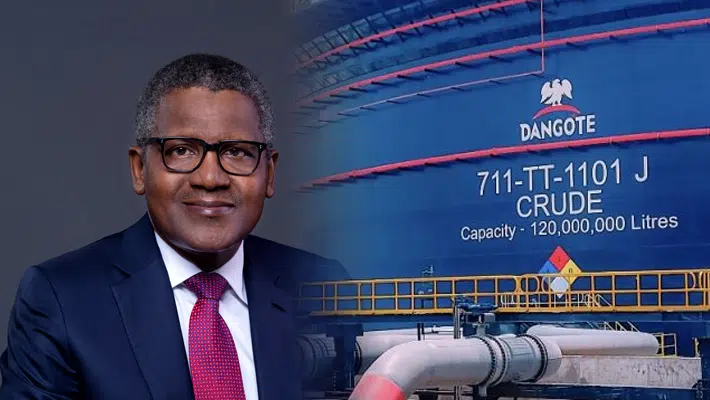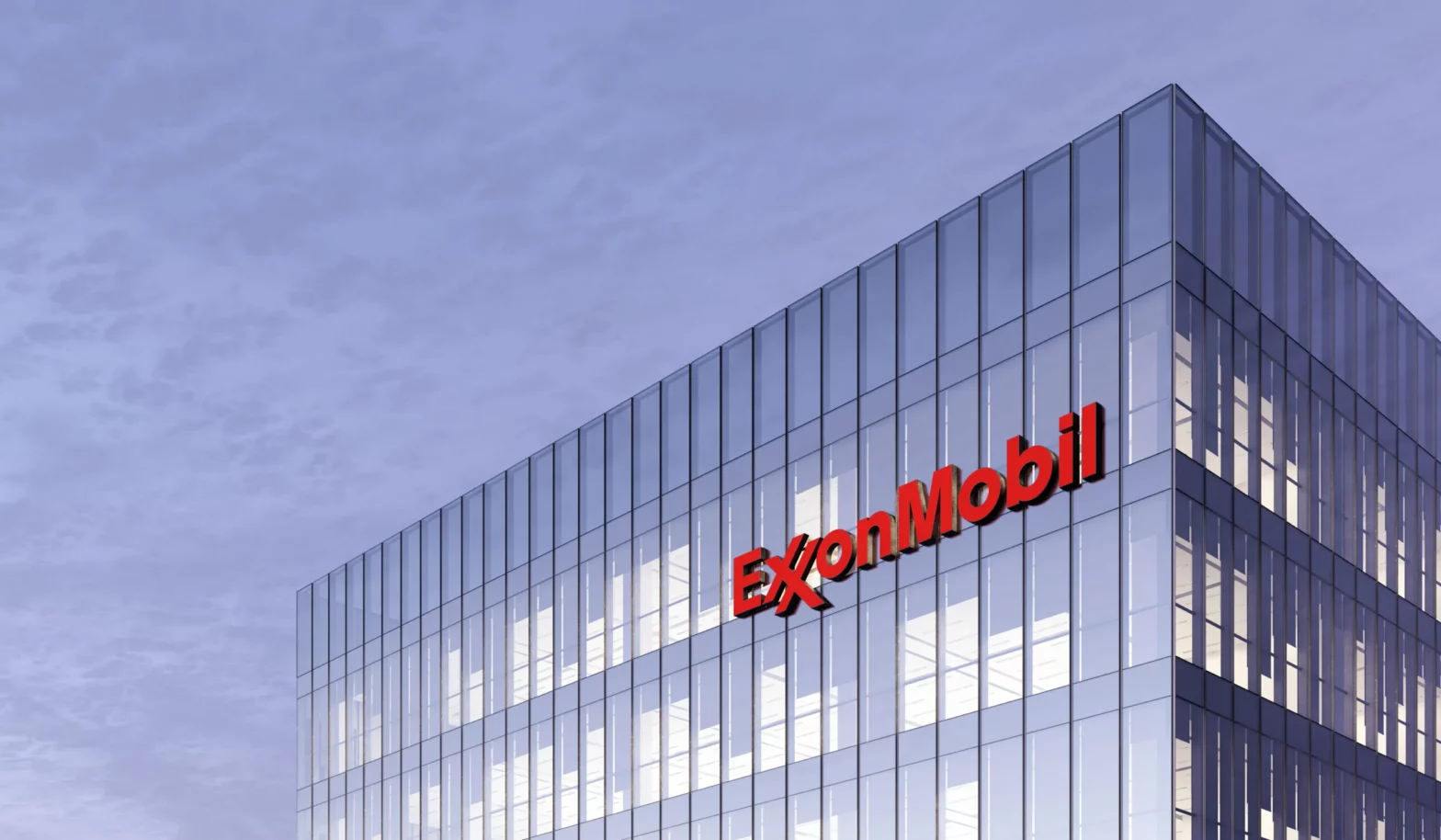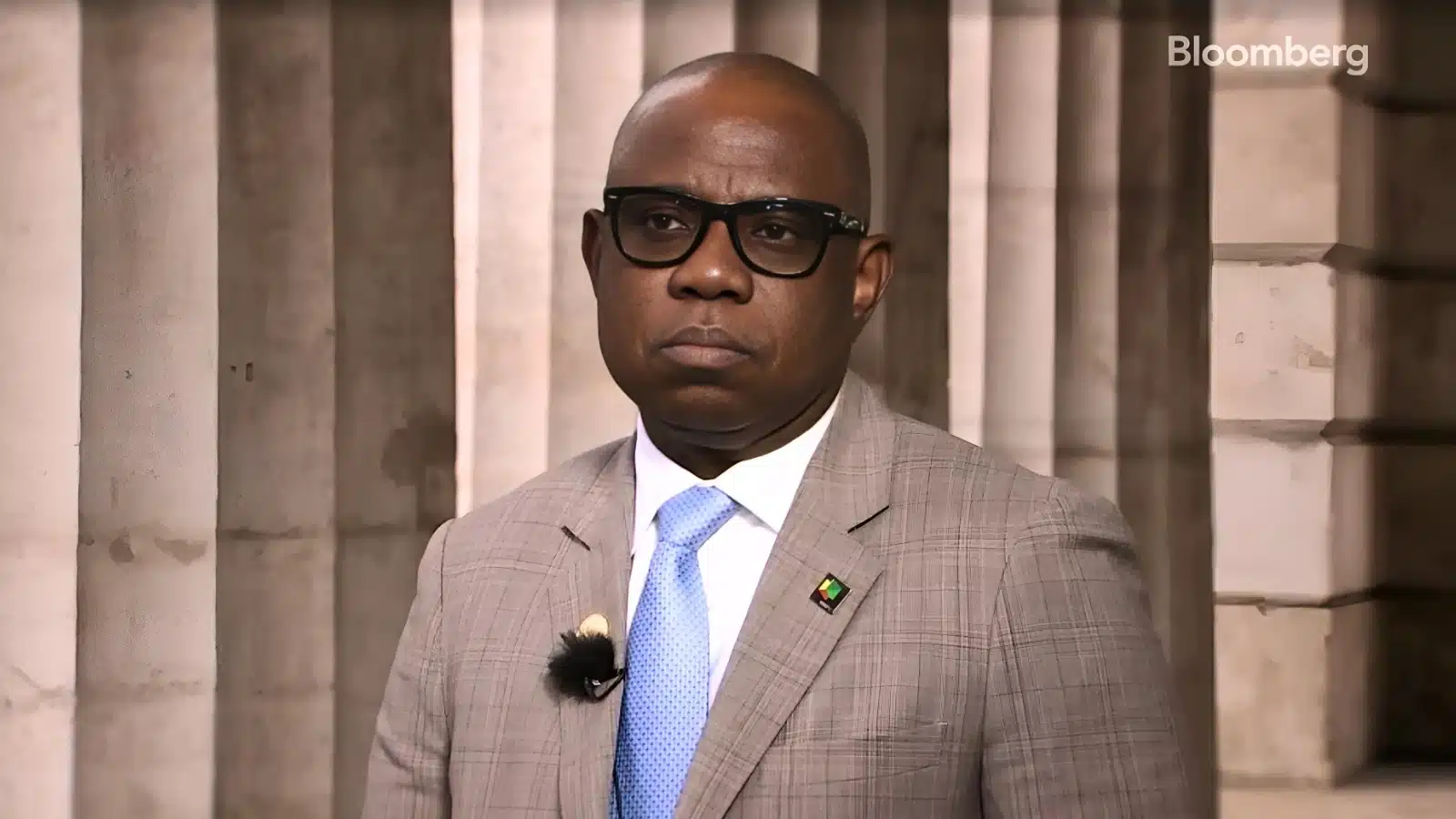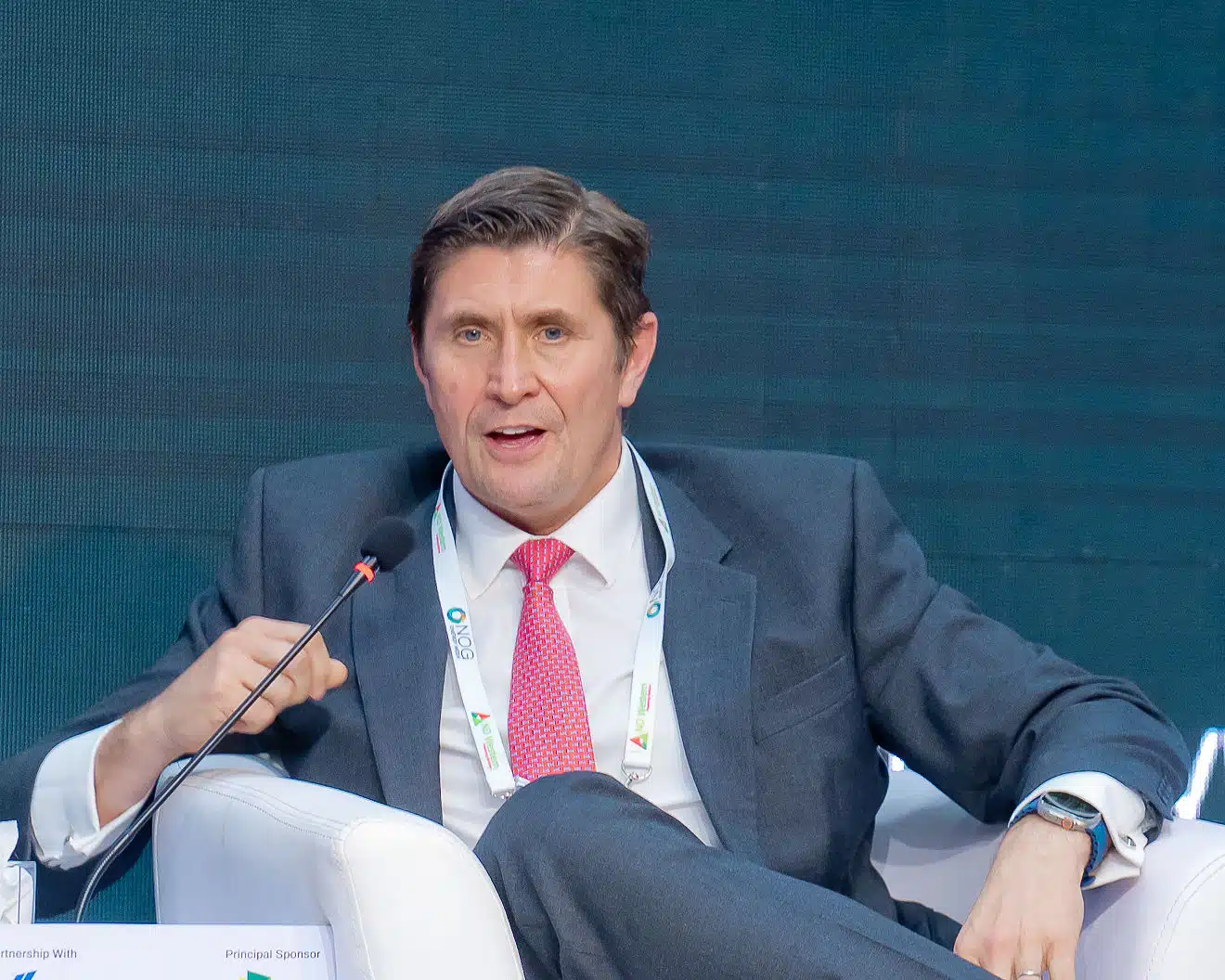Nigeria’s mega refinery, Dangote refinery, has purchased its first cargo of Algeria’s light sweet Saharan Blend crude.
This is according to market sources quoted by Argus Media, a leading independent provider of global energy market intelligence.
Dangote bought the 1 million barrels cargo from trading firm Glencore last week, sources told Argus.
The cargo is due for delivery between March 15 and 20.
The deal was not directly confirmed by either party, and the price remains unknown, Argus added.
The refinery, Africa’s largest, had said in February that it could begin operating at full capacity this month.
The facility, built by Nigerian billionaire Aliko Dangote in Lagos, began processing crude into products like diesel, naphtha, and jet fuel in January last year.
It started producing petrol in September 2024.
When running at full capacity, the refinery aims to compete with European refiners. But it has faced challenges securing enough local crude.
Costing about $20 billion to build, the refinery has partly met local demand and reduced reliance on imports.
Last month, Head of the Dangote oil refinery, Devakumar Edwin, said the refinery was operating at 85 percent capacity.
“We can go 100 percent in 30 days,” he said.
The refinery requested 550,000 bpd of crude from Nigerian oil producers for January to June this year.
But the producers have struggled to meet this demand.
Argus reported that no tankers loading in Algeria in February had flagged Africa as their destination. This suggests the Dangote cargo will load in March.
One trader noted that Saharan Blend’s quality suits the Dangote refinery. It is also competitively priced compared to Nigerian grades.
Nearly 420,000 bpd of crude has been delivered to Lekki for Dangote so far this year. About 82% of that was light sweet grades, according to Vortexa data.
Nigerian crude made up 87% of all arrivals, the data showed.
The March-loading trade cycle for Saharan Blend started slowly.
This was due to sluggish demand in Europe, seasonal refinery maintenance, and ample light crude supply, the report said.








